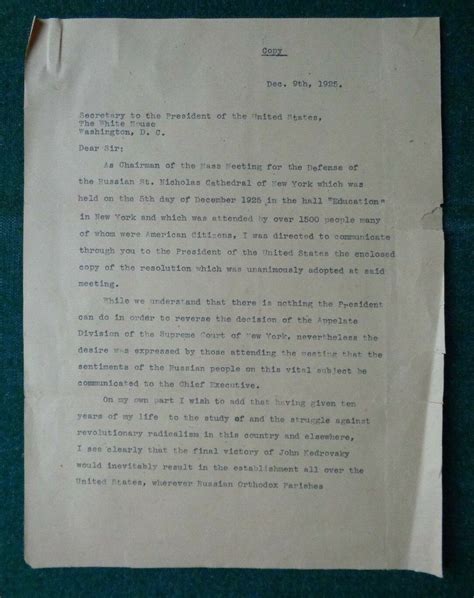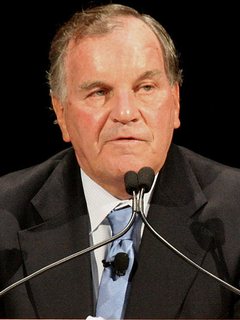A Quote by Murray Rothbard
Kissinger's major, and most lucrative role, has come as head of Kissinger Associates in New York City, founded on a loan obtained in 1982 from the international banking firm of E.M. Warburg, Pincus and Company. Nominally, Kissinger Associates (KA) is an "international consulting firm" but "consultant" covers many sins, and in KA's case, this means international political influence-peddling for its two dozen or so important corporate clients.
Quote Topics
Related Quotes
The full history of the interlocking participation of the Imperial German Government and international finance in the destruction of the Russian Empire is not yet written...It is not a mere coincidence that at the notorious meeting held at Stockholm in 1916, between the former Russian Minister of the Interior, Protopopoff, and the German Agents, the German Foreign Office was represented by Mr. Warburg, whose two brothers were members of the international banking firm, Kuhn, Loeb and Company, of which the late Mr. Jacob Schiff was a senior member.
On April 14, 1986, when the Reagan administration launched an airstrike on Libya in clear violation of international law, Kissinger did the rounds on news shows to justify the bombing. The day after the bombing, Kissinger appeared on ABC's 'Good Morning America' to voice his 'total support.' Attacking Libya, he said, was 'correct' and 'necessary.'
If the most important revolutionary part of the George W. Bush Doctrine is that states that harbor terrorists are terrorist states, what do we conclude from that? We conclude exactly what Kissinger was kind enough to say: These doctrines are unilateral. They are not intended as doctrines of international law or doctrines of international affairs. They are doctrines that grant the U.S. the right to use force and violence and to harbor terrorists, but not anyone else.
Kissinger's unusually high body count and singular moral imperiousness has the effect, among his critics, of obscuring his didactic utility. An outsized personality who has committed outsized mayhem, Kissinger eclipses his own context. Yet, as animals were to the anthropologist Claude Levi-Strauss, Kissinger is good to think with.
Charlie Rangel is angry about the Iraq war, the one that Henry Kissinger has told us we can't win. Thanks, Henry, but most Americans figured that out before you did. Rangel saw combat in Korea. Kissinger has only seen combat on TV. That might have something to do with why Kissinger thinks our troops should stay in Iraq even though we can't win.
Most students of Kissinger find it hard to say anything about Kissinger that isn't about the man himself. He is such an outsize figure that he eclipses his own context, leading his many biographers, critics, and admirers to focus nearly exclusively on the quirks of his personality or his moral failings.
Since leaving office in 1977, Dr. Kissinger has continued to play a highly influential role in U.S. politics, in the U.S. media, and in the Rockefeller world empire. It was Kissinger, along with David Rockefeller, who was decisive in the disastrous decision of President Carter to admit the recently toppled Shah of Iran, old friend and ally of the Rockefellers into the United States, a decision that led directly to the Iranian hostage crisis and to Carter's downfall.
A triumph in which Kissinger could claim to have played some little part, in the presidential elections that November, President Richard Nixon had won the second greatest landslide in American history. Forty-seven million Americans had voted for him - and for his and Kissinger's policies - representing more than 60 percent of all the votes cast.































